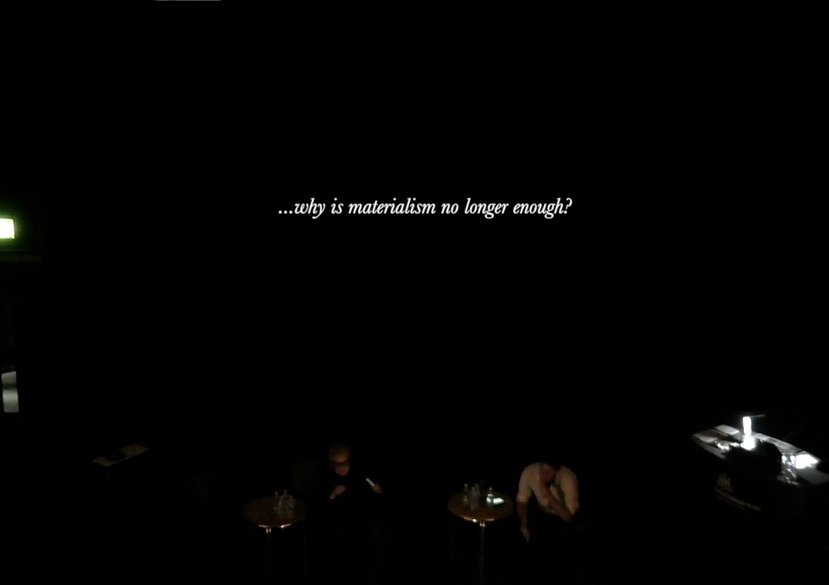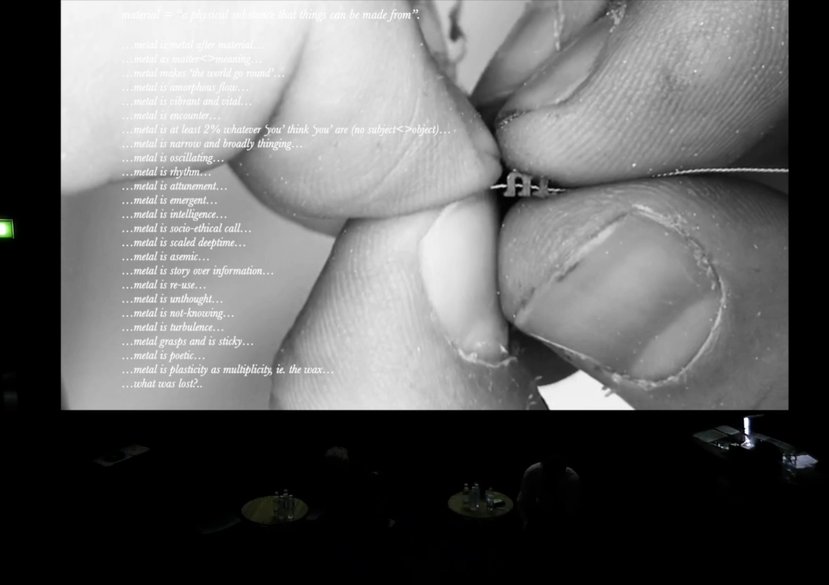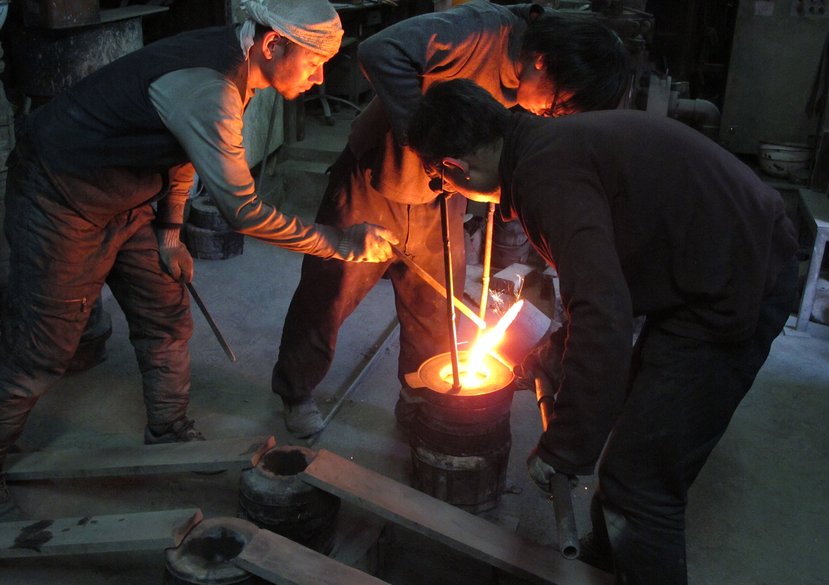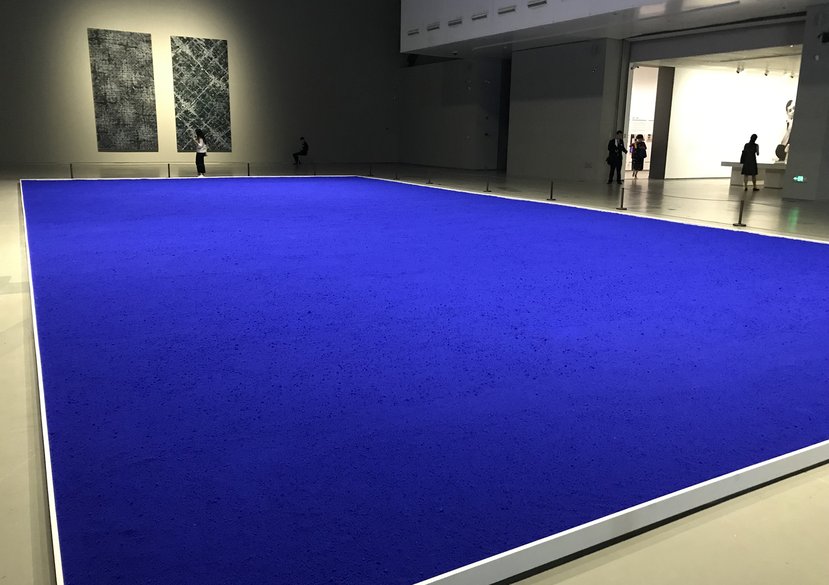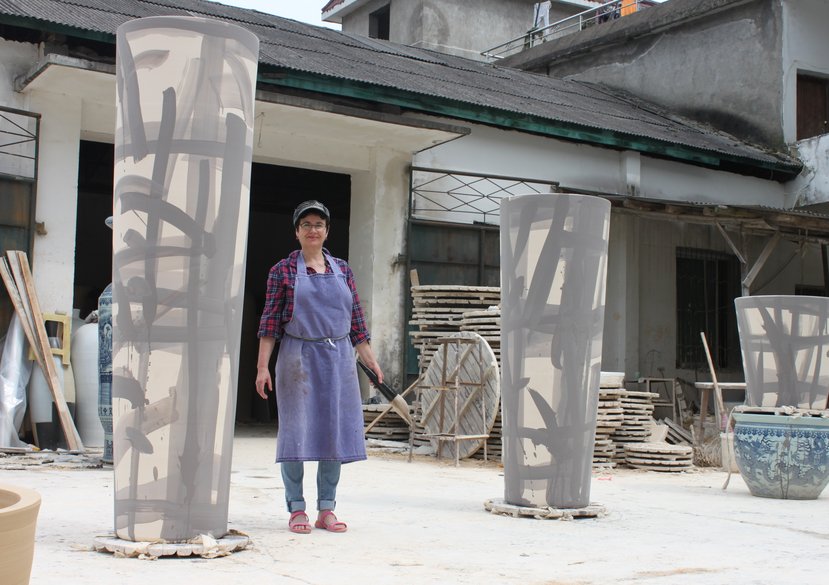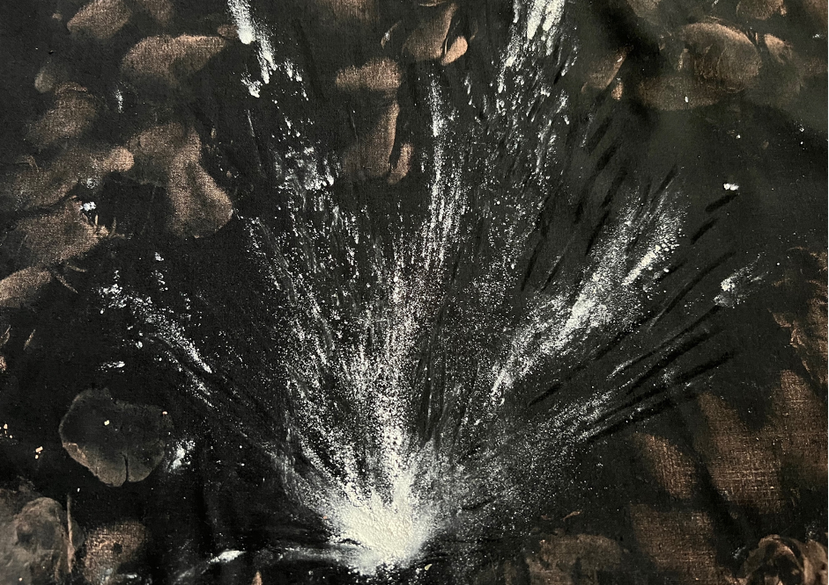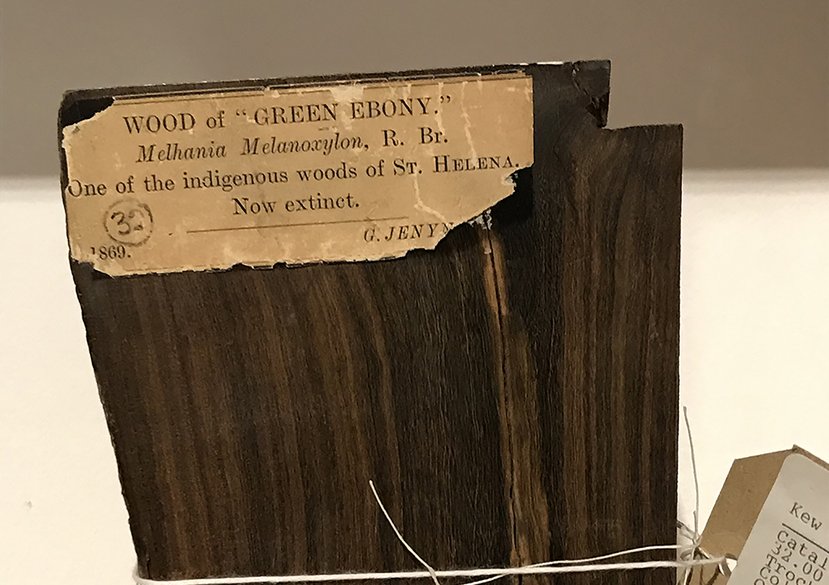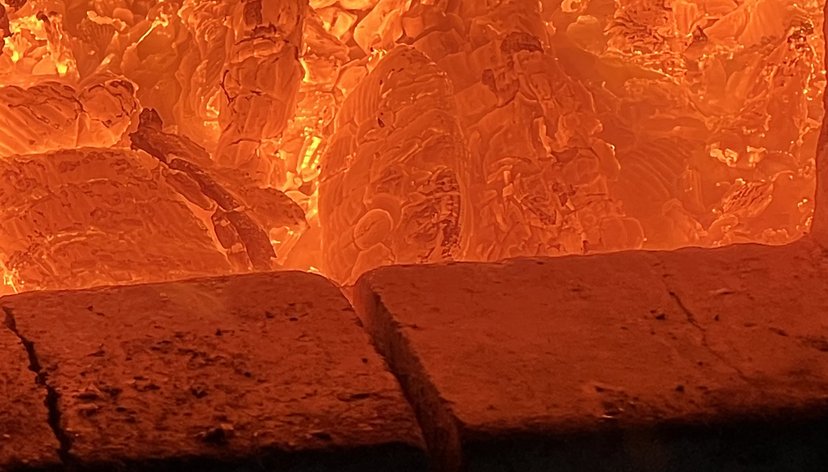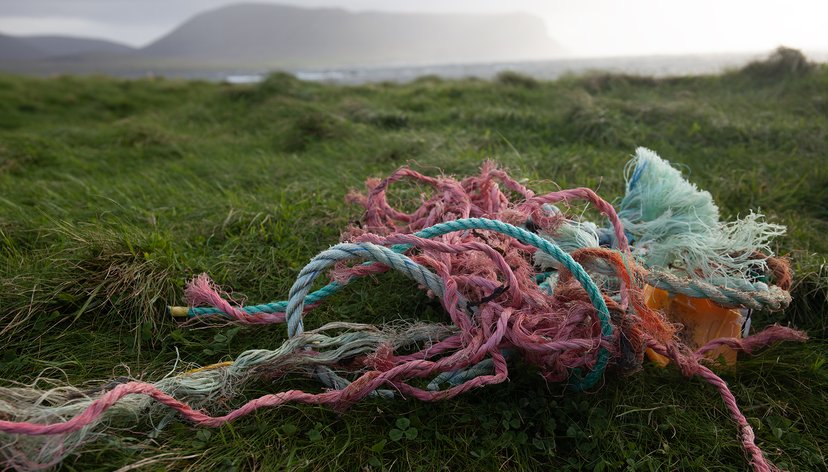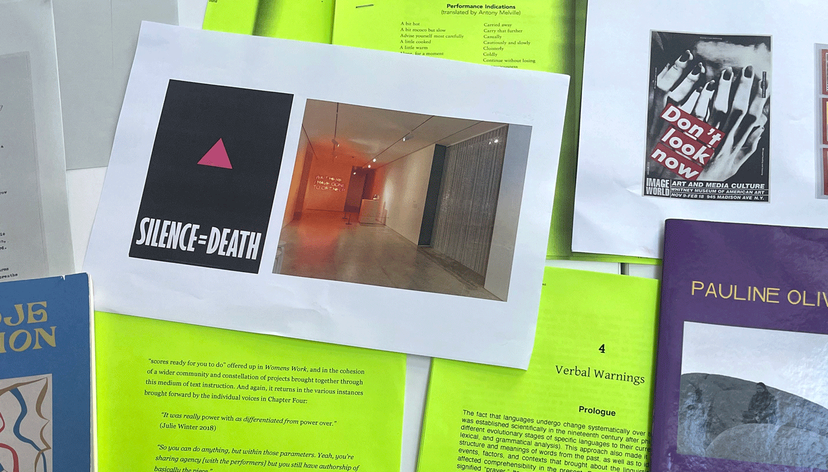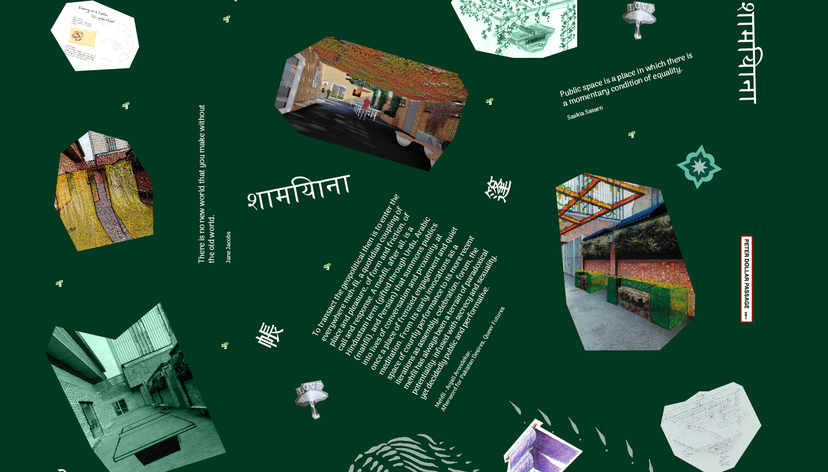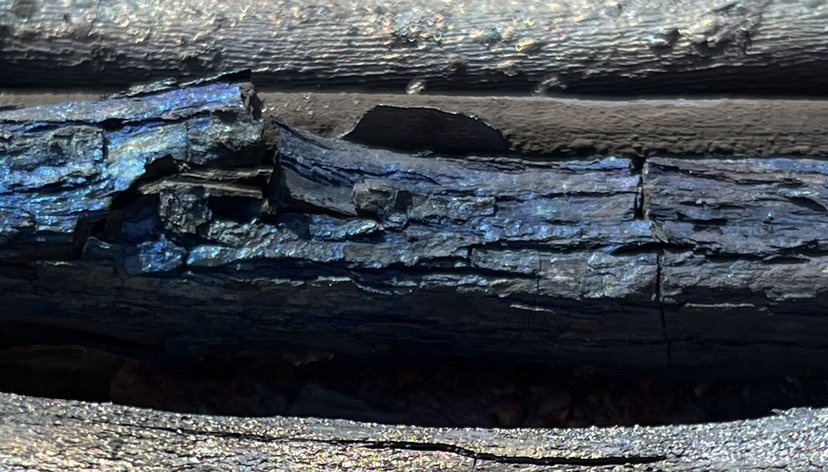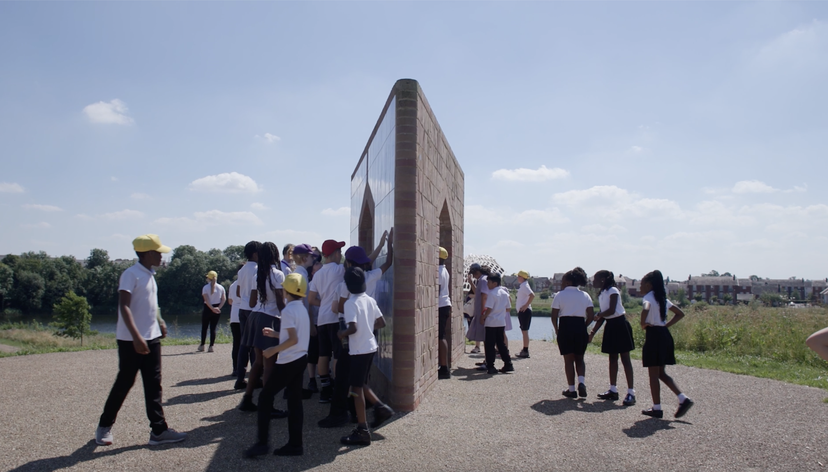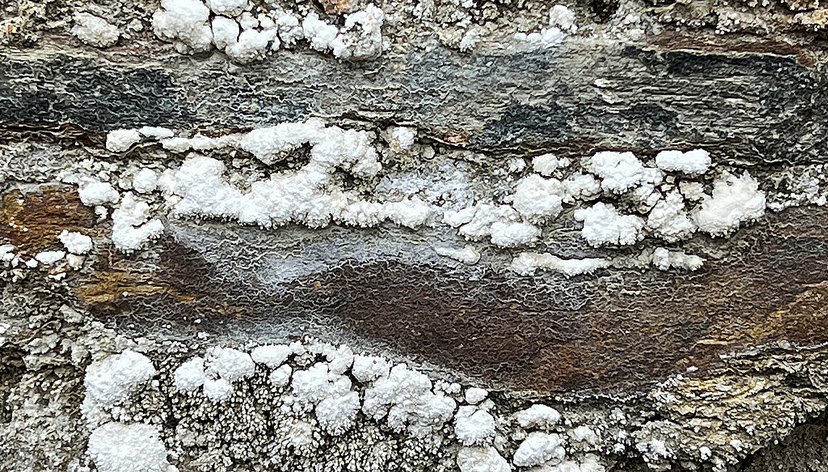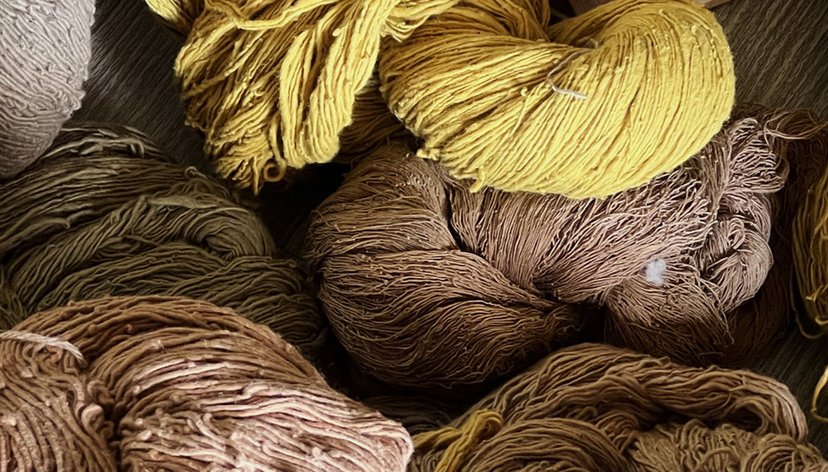
The Material Engagements research cluster focuses on research on, with, about, and through materials.
At a glance
- All the members and associate members of the Material Engagements research cluster are interested in undertaking research on, with, about, or through materials.
- Material Engagements is led by Dr Peter Oakley, Reader in Material Culture and Jonathan Boyd, Head of Programme Applied Arts.
- Material Engagements organises practical workshops, seminars, panel discussions, collection visits, and reading groups to explore different aspects of material interactions.
- Material Engagements leads or collaborates in partnership and consortia research projects with a strong material focus.
Key details
Gallery
More information
Membership
The cluster's members all come from programmes in the School of Arts & Humanities at the Royal College of Art. Associate members are either staff based in other RCA Schools or project team members or partners from current or past research projects run through the School of Arts & Humanities.
All members and associate members of Material Engagements are interested in undertaking research on, with, about, or through materials.
The Material Engagements research cluster also partners with other organisations and associations at a group level where there is a strong overlap of research interests.

Our approach
The Material Engagements research cluster focuses on six broad areas of research. Applying practice-led as well as theoretical approaches, our research examines diverse forms of material culture, investigating their cultural, social and political narratives of materials and materiality. Emphasis is placed on critiquing embedded ways of thinking, including the urgent need to respond to sustainable, ethical and ecological issues in the shadow of the contemporary climate crisis; exploring the realms of experience across the material, immaterial and the virtual; unpicking the relationships and interactions between people and things, and more widely experimenting, understanding and gaining new insights into the material world.
Through global and local projects the cluster seeks to gain a better understanding of materials and the processes of making/production and the issues associated with everyday social engagement and life, by employing poetic, creative, tacit and embodied ways of expressing new forms of knowledge alongside established humanities and social science research methodologies.
- Material Properties: aesthetic; social; cultural; technical; scientific; economic.
- Working with Materials: manual techniques; tool use; embodied practice; tacit knowledge; traditional crafts; material trades; conservation practices; industrial manufacturing; technological innovation; digital making.
- Learning with Materials: teaching about and through materials; material experimentation; apprenticeships; local knowledge; biomimicry; experimental archaeology; assembling, archiving and using material collections; materials libraries.
- Material-Focused Environments: specialist material workshops; creative studios; factories; makerspaces; sheds; laboratories; mines, Marshallian clusters.
- Material Systems: supply chains; extracting; mining; drilling; harvesting; gathering; preparing; refining; distilling; purifying; supplying; trading; brokering; waste; reuse; recycling; upcycling; sustainability; circular economy; ethical sourcing; localism.
- Material Taxonomies: material classifications, groupings and hierarchies; material standards; materials analysis and testing; material provenance and certification; dangerous materials; prohibited materials; substitute and imitation materials.
Activities
Material Engagements organises practical workshops, seminars, panel discussions, collection visits, and reading groups to explore different aspects of material interactions.
The cluster also initiates, facilitates and supports individual, partnership and consortia research projects that have a strong material focus.

Associated funded research projects
Individual members and associate members of the Material Engagements research cluster are, or have been, team members on related current or recent research projects, including:
- Ban Kor Sandbox
- Carbon Measurement Tools in the Creative Industries
- Embedding Carbon Literacy in the Applied Arts
- Ethical Gold and Government Policy
- Extending the Potential for the Digitally Printed Ceramic Surface
- Improved Laser Printing Equipment for Ceramics
- New for Old
- Sustainable Materials in the Creative Industries
- The Tetsubin Project
- Thai Textiles
- Wooden Reed Making of the Ethnic Lao Khrang in Thailand

Material Engagements postgraduate PhD research group
The work of Material Engagements research cluster directly informs and leads the Material Engagements postgraduate PhD research group. With a membership of more than 20 research students, the group foregrounds a ‘doing’ approach to research activity, drawing out knowledges from, and thinking through, making and exploring the wider and specific questions that emerge from engaging with material phenomena.
Through practice-led, material approaches supported by theoretical discussion, the research group examines diverse forms of material(ity) culture, investigating their cultural, social and political narratives. The group is led by Jonathan Boyd and Dr Steve Brown with regular contributions from other members of MERC.

2022/23 programme of events
3 October 2022
Peter Dormer Lecture 2022: Mònica Gaspar

3–5 April 2023
Alchemy meets Jewellery symposium

14-16 July 2023
Proliferating Materialities: MERC membership exhibition at Gallery SZN

2023/24 programme of events
3 October 2023
Peter Dormer Lecture 2023: Gus Casely-Hayford OBE

17 January 2024
Turbulence: Metal, Flows in Thinking and Things
A one day symposium at the Royal College of Art's Battersea Campus.

11–14 July 2024
MERC Exhibition: Colour Made Manifest

2024/25 programme of events
7 October 2024
Peter Dormer Lecture 2024 - Helen Drutt - A Passionate Observer

7 April 2025

2 and 3 June 2025 (to be confirmed)
Diverge
2025/26 programme of events
1 December 2025
Peter Dormer Lecture

